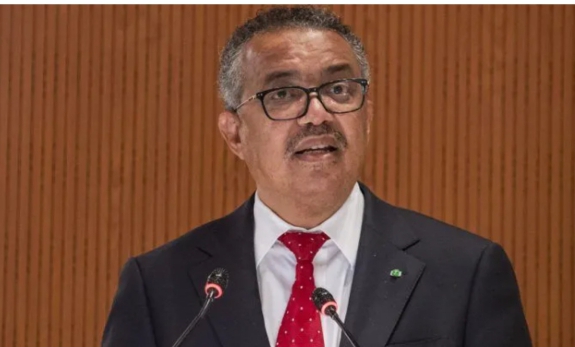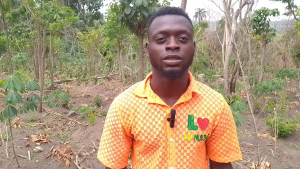WHO Calls for Global Pact to Combat Disease X, Unveils Future Pandemic Shield
By Adeyemi Adekunle

At the World Economic Forum in Davos, Switzerland, WHO Director-General Dr. Tedros Ghebreyesus urged nations to unite under a world pandemic treaty, anticipating the looming threat of “Disease X,” a hypothetical virus that could dwarf COVID-19 in lethality by a staggering 20 times.
Speaking before a global audience, Dr. Ghebreyesus emphasized the urgency of reaching a pandemic agreement by May 2024, labeling the treaty as a crucial defense against this unforeseen adversary.
Disease X, while still in the realm of speculation, made its debut on the WHO’s pathogen watchlist in 2017 as a potential catalyst for a “serious international epidemic.”
Echoing the grim lessons learned from the COVID-19 crisis, Dr. Ghebreyesus underscored the imperative need for a flexible and scalable healthcare system.
He lamented the lives lost due to inadequate resources during the pandemic and stressed the treaty’s role in facilitating a collective response to thwart another global health catastrophe.
“This is a common global interest, and very narrow national interests should not come into the way,” urged Dr. Ghebreyesus, emphasizing the treaty’s potential to amalgamate global experiences, challenges, and solutions into a comprehensive strategy for future pandemics.
The treaty, conceived during a March 2021 meeting of world leaders, aims to foster an all-encompassing approach, bolstering capacities and resilience at national, regional, and global levels.
The proposed measures include an early-warning system, optimized supply chains, and accelerated research and development for testing drugs. Primary health care, often neglected in wealthier nations during the COVID-19 crisis, emerges as a critical focal point.
As the May deadline looms, independent panels and experts are tirelessly working on crafting a treaty that could reshape the global response to pandemics.
The initiative, spearheaded by over two dozen heads of state, aspires to enhance international cooperation in areas such as alert systems, data-sharing, and the production and distribution of crucial medical countermeasures.
Disease X, ranked alongside notorious pathogens like COVID-19, Ebola, and Zika virus by the UN agency, has intrigued scientists as a potential product of zoonotic transmission, biological mutation, or even an unforeseen terror attack.
With bird flu persistently on the radar as a likely culprit due to the looming threat of recombination, the WHO’s 2022 collaboration with over 300 scientists sought to identify priority pathogens, emphasizing the need for proactive research and preparedness.
As the world stands on the precipice of an uncertain future, the global community faces a pivotal moment to fortify its defenses against the enigmatic threat of Disease X, transcending borders and fostering a collective shield for the challenges that lie ahead.

A Nigerian trained investigative journalist, who cover various news beats in Nigeria.









